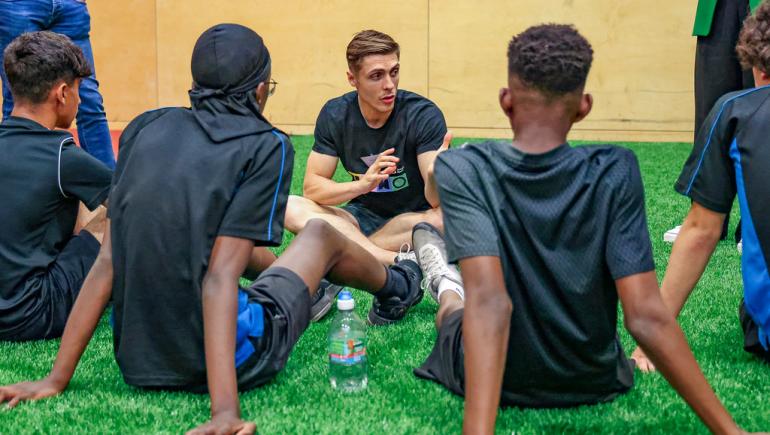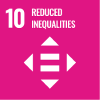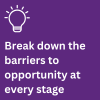Access Sport recently launched its ‘Neurodivergence Inclusion in Community Sport Training’ programme in London, alongside disability inclusion sessions in Birmingham, Bristol and Manchester. Now a series of disability inclusion and neurodivergence inclusion training sessions are available to book across areas of Surrey, with further sessions set to take place in London, Birmingham, Bristol and Manchester throughout early 2025. ConnectSport’s Beth McCowen spoke to Jayde Ellis, the charity’s Inclusive Training Lead, about these innovative sessions.
Hi Jayde, thanks for speaking to ConnectSport. Can you explain how the sessions run, and what could someone expect if they sign up without knowing much about neurodiversity?
The sessions aim to support those who work in community sport so they feel confident when working with neurodivergent participants. Someone who signs up can expect to understand more about neurodivergence, neurodivergent experiences, and how that interacts with sport so that they have more knowledge and skills to really create an inclusive environment. Probably the key element to our sessions is the environments we create.
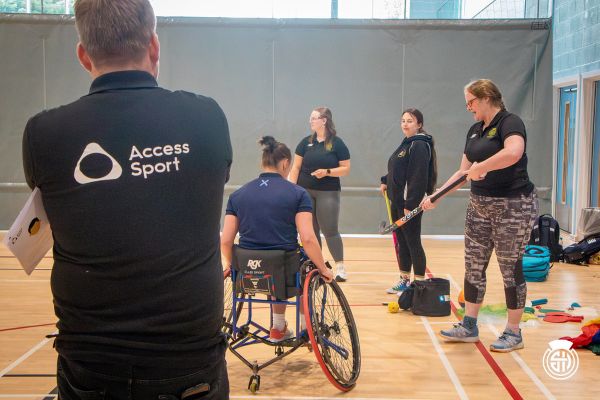
We don't focus on how you deliver sport-based activities. We touch on it and discuss practical application, because it’s crucial to consider, but we're really focused on what someone's experience might be as a neurodivergent individual when they are coming to sessions, what some of the challenges or barriers might be, and what responsibility and opportunities we have to really create those welcoming spaces in which someone feels they can belong.
If you could guarantee that a participant will take one thing from the training, what would it be?
The one thing that should hopefully come away for everyone is an understanding that as people who are engaged in putting on opportunities within the grassroots and community sports sector, we have an amazing opportunity to create those inclusive environments. It's very much led by all the individuals we work with, and no two ways of doing that will be the same.
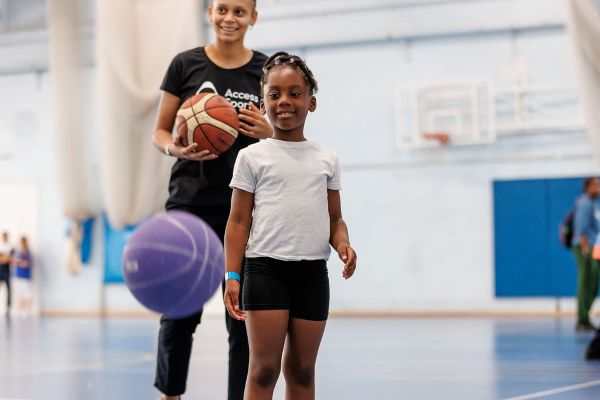
The key is working with individuals and understanding those people who are coming to our sessions or who want to come to our sessions, learning from them, working alongside them and their support networks to ensure that we meet their needs and can create an environment and a space which works for them. No two people are the same, but understanding some common experiences will help you start those conversations.
Why has Access Sport felt it necessary to focus on neurodiversity?
Access Sport, which marked its 20th anniversary last year, works to train, equip and support community sports clubs, organisations and volunteers to provide inclusive programmes. And through that time, we have therefore worked with thousands of people, and their families, and learned a lot about how to do that and the best practices which underpin that. It became apparent over time that when people came to disability inclusion training, the topic which gripped many participants was neurodivergence. This was because so many coaches were already seeing neurodivergent individuals, and they could see a connection with their current participants.
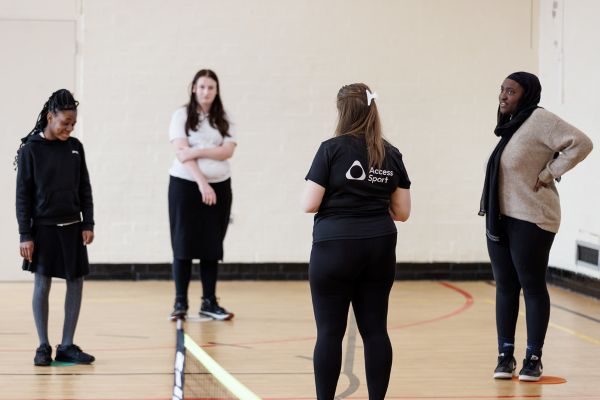
We identified it was important for neurodivergence inclusion to have its own space because neurodivergent experiences are so broad and varied that we weren't able to delve as deep as learners were asking in those existing sessions, as well as the fact that many neurodivergent individuals may not identify as being disabled. The training was then built by speaking with our neurodivergent participants, their families, their support networks, coaches and other leaders in this field to share what those experiences were and ensure that more people are equipped to create neuro-inclusive spaces in their sport environment.
There are still a lot of misconceptions around neurodivergence. Are there any in particular that you would like to quash?
I think there is often a misconception that all neurodivergent individuals are the same, or that everyone who is neurodivergent has the same experience. There are commonalities and therefore some common experiences, but it is not true to say that two people are exactly the same, and therefore we have to support each individual and put relevant provisions in place. Everyone is unique.
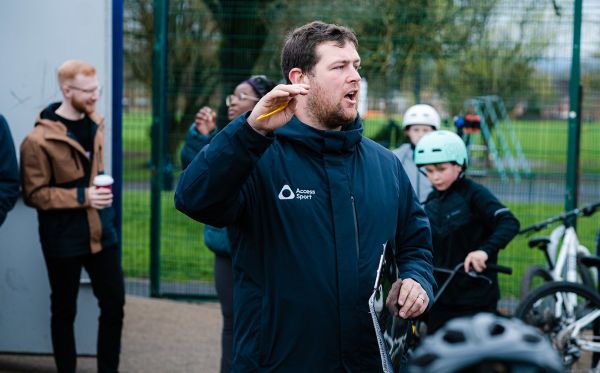
Neurodivergence is one big word, but it encapsulates hundreds of thousands of people and nuances and different bits of experience, and we can't ever make an assumption about someone's experience. We can only work with them and their support networks to create those spaces, and we're not always going to get it right the first time. We have to be willing to be open to trying different things and working collaboratively, it’s the only way we're going to create relevant spaces for individuals.
What does Access Sport mean to you personally and how did you end up getting involved?
Having worked within sport and education across my career, I’ve worked with a large number of neurodivergent individuals as a coach and as a teacher over this time. I'm just aware that sometimes it's the smallest things we can do which have the biggest impact. Recognising so many people don't get to access sport because they didn't find the right environment for them, or have had bad experiences, is something which I think I'll always be personally driven by. Having the opportunity with Access Sport to empower those who provide incredible sport opportunities, to do so for even more children and young people, really continues to drive me.
Book your place for upcoming Inclusion Training Sessions across Surrey here.

